The Colorado-born kayaker had just arrived at his put-in, the village of La Tunia in the southern Colombian jungle, on his way to a first-decent of the Apaporis River.
“The writing was literally on the wall,” Ben Stookesberry recalls.
Stookesberry, Chris Korbulic and Jessie Rice, Spaniard Aniol Serrasolses and Frenchman Jules Domine had planned a month-long expedition down the remote river in the northwest Amazon basin.
The graffiti on this wall of an abandoned building, once occupied by the notorious Revolutionary Armed Forces of Colombia known by the Spanish acronym FARC, was fairly recent but according to Stookesberry, did not alarm them at the time.
“The village was mostly empty. This seemed to follow the narrative of the peace process,” says Stookesberry.
In late 2016, the Colombian government and FARC signed a peace accord in which the latter tentatively agreed to demobilize. From the Arctic Circle to Papua New Guinea, Stookesberry has kayaked plenty of what he calls “fuhgeddaboudit” whitewater.
Kayaking The Columbian Waters
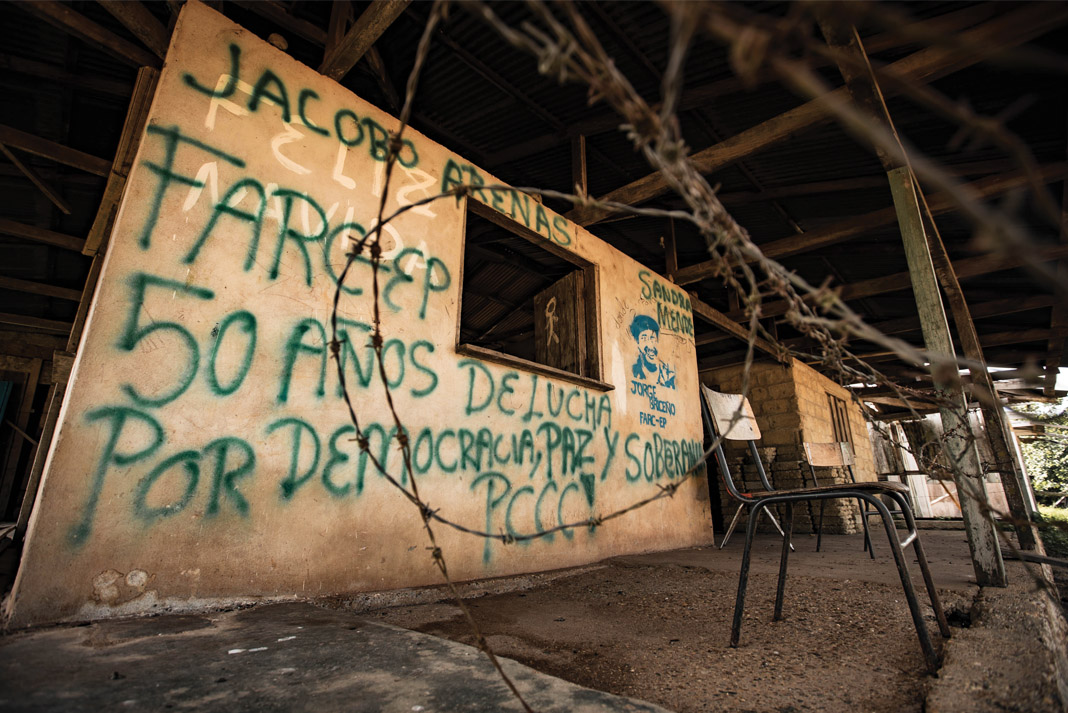
Though the Apaporis does boast class V rapids, this river has been on his list not because it is particularly challenging paddle.
We had a different mission,” he explains. “We wanted to explore a river that was isolated politically. Our mission was not so much to test the river’s navigability as much as test the peace process.
The real test happened about 500 miles into the expedition. A motorboat containing a woman and several men, all toting AK-47s, pulled the paddlers over to the riverbank and searched them and their boats. The woman in charge starting going through the images on my camera and when she handed it back to me I could see that she had deleted the card.
This began a three-day ordeal during which the FARC soldiers held the paddlers in a series of jungle camps. Awaiting orders from an unnamed, unseen commander, the soldiers questioned Stookesberry and the others and confiscated many of their belongings.
After the commander confirmed the paddlers’ identities their gear was returned and they were free to continue on their trip. Instead, they decided to fly out from a small airstrip in the village of Pacoa Buenos Aires.
Fearing they might be held indefinitely, two of the paddlers had secretly communicated their position using GPS messengers to emergency contacts. They feared that if the FARC had discovered this, their relative goodwill would have quickly evaporated.
Even still, Stookesberry underlines how well the guerrillas treated him and the other kayakers, “In the past, I don’t think our situation would have de-escalated as quickly or amicably.”
Featured Photo: Chris Korbulic



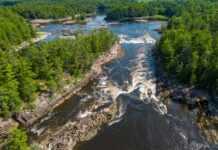
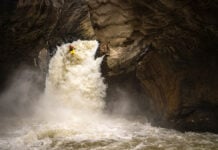
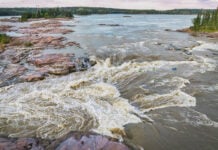
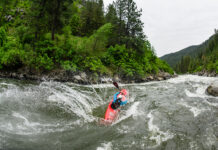
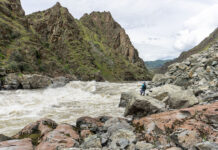

You were flippin idiots for planning a trip down there in the first place. With all the murders that happen down there all the time. Use your head next time and stay out of Mexico and South America. I do not pity you in the least.
It’s Colombian waters not Columbian waters.